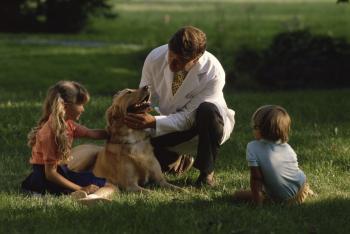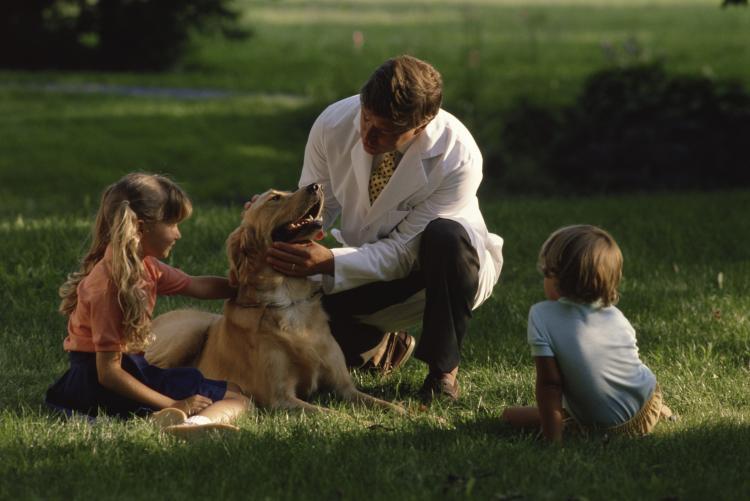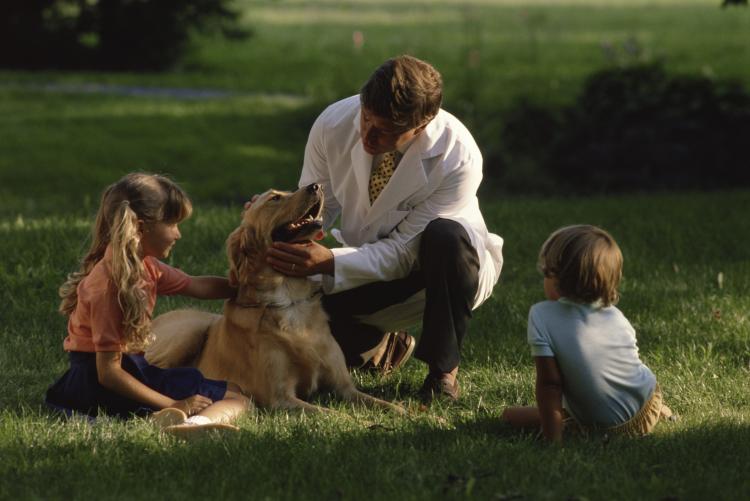We do not understand the mechanism by which homeopathic medicines exert their effects on the body’s self-healing systems, but we do know (and research indicates) that they are much more than placebo effects.
The word placebo comes from 18th century Latin meaning “I shall please.” More recent usage implies a more derogatory connotation akin to a sham or a fraud.
Curiously, many of the studies that use placebo controls report significant improvement and even cure in the placebo-only groups. The percentages of cure by placebo have been as high as 30 percent in some studies.
These healing effects are frequently durable and permanent. Placebo groups also report a high incidence of side effects and adverse drug effects even though no active medicine was dispensed. This response is the negative-placebo effect, designated the “nocebo” response.
Both the positive and negative effects (placebo and nocebo) are completely real, even though their occurrence is unpredictable. Conventional medical researchers conveniently ignore these effects, but they are bona fide events that take place equally in all systems of medicine and in all frameworks of healing.
Placebo and Nocebo Responses
· Placebo responses are responsible for up to 30 percent of healing responses across all medical paradigms.
· The placebo response can save significant expense that would otherwise go toward more expensive medicines.
· The placebo response is tremendously important in the delivery of health care.
· Placebo and nocebo responses are examples of how often the body heals and harms itself.
· They are examples of the powerful force of the mind and how it can be constructively harnessed if a little time is taken to address individual concerns.
The placebo effect has not only been eschewed by conventional medicine but also has been subjected to continual ridicule and lambasted as an enemy of “real medicine.” Imagine the hubris involved in making fun of the body’s ability to help or harm itself!
Homeopathic medicines, (often accused of being a placebo response) demonstrate an efficacy rate as high as 80 to 90 percent in large-outcome studies—well beyond the 30 percent observed from placebo.
Homeopathy is no more a placebo effect than conventional medicine for the following reasons:
· Veterinary homeopathy demonstrates remarkable cure rates in the treatment of animals.
· Pediatric homeopathy is effective in infants and small children, who respond dramatically to homeopathy while they typically fail to respond to a placebo.
· Homeopathy has shown dramatic results in cases of coma, seizure disorders, and alterations of consciousness.
· Homeopathy is effective in double-blind placebo-controlled clinical studies and meta-analyses. These studies consistently indicate that homeopathy is more effective than placebos.
· Homeopathic provings demonstrate that when homeopathic medicines are administered repeatedly in a blinded fashion to healthy individuals, they produce symptoms of illness. This proving process, which is reproducible and is the foundation of homeopathy, has been shown to produce distinct and highly specific patterns of symptoms, depending upon the choice of the individual homeopathic medicine.
Placebo effects augment all medical treatments (conventional and homeopathic). Their power should be harnessed rather than ignored.
Next week: Part 4, Specific remedies for sports injuries
Dr. Whitmont is a classical homeopathic physician practicing in Rhinebeck, N.Y., and New York City. His website is Homeopathicmd.com







